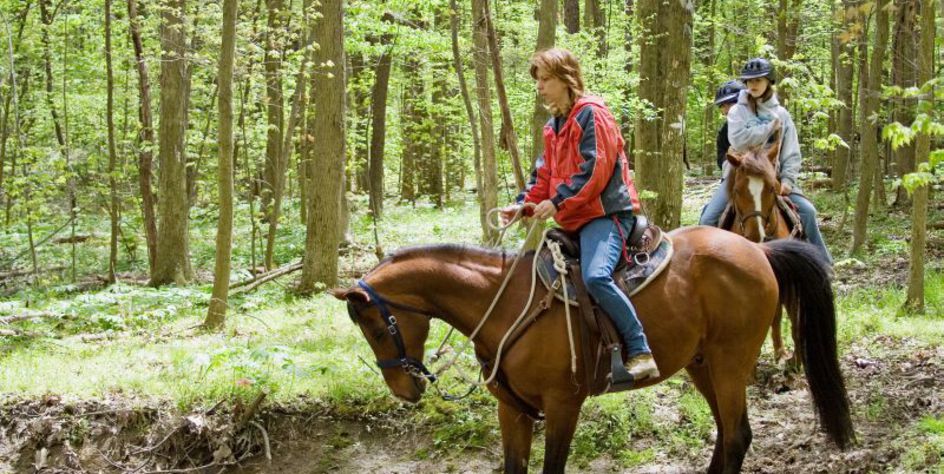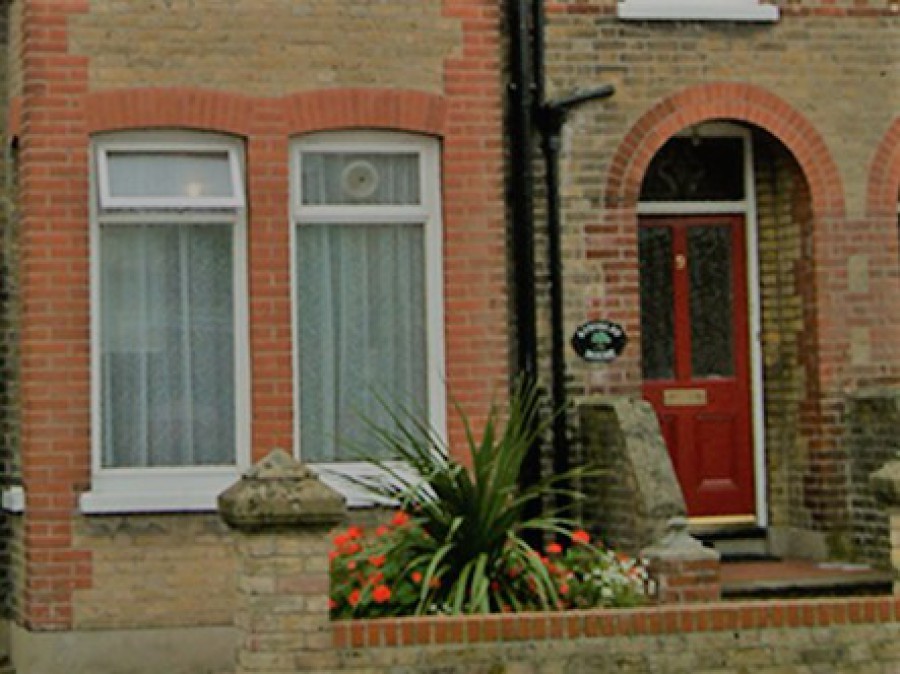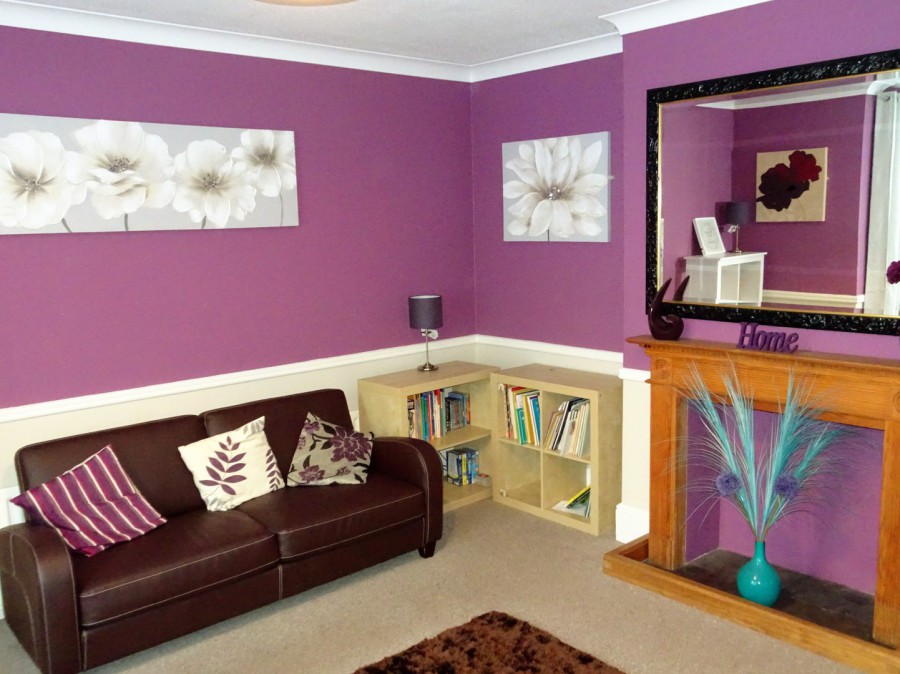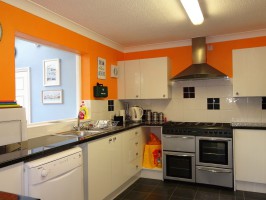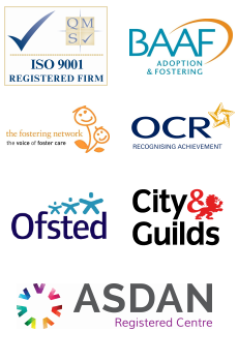Kingsley House
Social, Emotional and Behavioural Difficulties (Girls)
Kingsley House - A 'Good' Children's Home
"[ ] ...Staff have worked hard to build positive relationships with the child. Staff enjoy spending time with them and actively listen and then pursue the child’s wishes, likes and interests. Staff are currently supporting them to plant their own herbs and vegetables and take a great interest in the child’s love for art and photography. Staff practice is helping the child to re-establish and maintain trusting relationships.
Staff support children to decorate their bedrooms and furnish them in their preferred styles. Staff have brought low-arousal lighting for the lounge and other lights for the child’s bedroom. This is helping the child to feel settled and more relaxed in the evenings. Staff support children to explore their identity through fashion, pamper evenings, dying their hair and painting their nails. This is helping to build the child’s self-esteem.
Staff support children to spend time safely with their families. Staff work in partnership with family members and allocated social workers to help ensure that family time is positive. One child has recently returned to their grandparent’s home and spent time with their family dogs. In another example, staff supported one child to travel a great distance by train to see their sisters and brothers. This helps children to feel supported and listened to.
The manager works collaboratively with virtual schools and social workers and advocates for children to attend school in line with their abilities. An education professional said, ‘Staff act as strong advocates for this young person’s needs.’
Staff support children to increase their independence skills in a natural and nurturing way. Children’s targets are individually focused on developing life skills such as attending to their laundry, menu planning, cooking and budgeting. This helps children to have a good understanding of daily routines and responsibilities."
Ofsted Inspection - March 2024 - Full report available by request
Residential Care
Education
The home is directly affiliated to both our DfE registered, specialist SEMH schools: The Davenport Primary School and The Old Priory Secondary School.
The respective school and the home work in close partnership to ensure continuity in respect of learning support, achieving developmental goals and behaviour management.
The Davenport School (Key Stage 2: 7-11yrs) offers a differentiated curriculum in order to meet the individual learning needs of each young person. The school operates with small group settings where children are closely supported and supervised by a qualified teacher and learning support assistants.
The Old Priory School (Key Stages 3 & 4: 11 – 16yrs) offers the national curriculum allowing for GCSE study in essential subject areas, alongside alternative, differentiated curriculums, including ASDAN and City & Guilds NPTC vocational awards, both of which lead to nationally recognised qualifications.
Assessment & Therapy
Children and young people residing in our care have access to a range of assessment and therapy services including:
- Psychological Assessment
- Psychotherapy
- Systemic Therapy
- Cognitive Behavioural Therapy
- Speech & Language Therapy
- Equine Therapy
- Music Therapy
- Drama Therapy
- Art Therapy
- Play Therapy
All therapy referrals are overseen by the organisation’s dedicated Therapy Services Manager in consultation with the allocated social worker and other key stakeholders as appropriate.
Our assessment and therapy services are an inclusive element of our residential care provision and attract no additional funding requirement.
Health Support
In addition to our therapy services and panel of consultants, each of our homes have direct access to a health promotions worker and, in the event of any significant health concerns arising, oversight from a registered, dual diagnosis nurse. This ensures effective, professional guidance in respect of health profiling, together with the immediate and ongoing health needs of each individual child and young person placed in our care.

